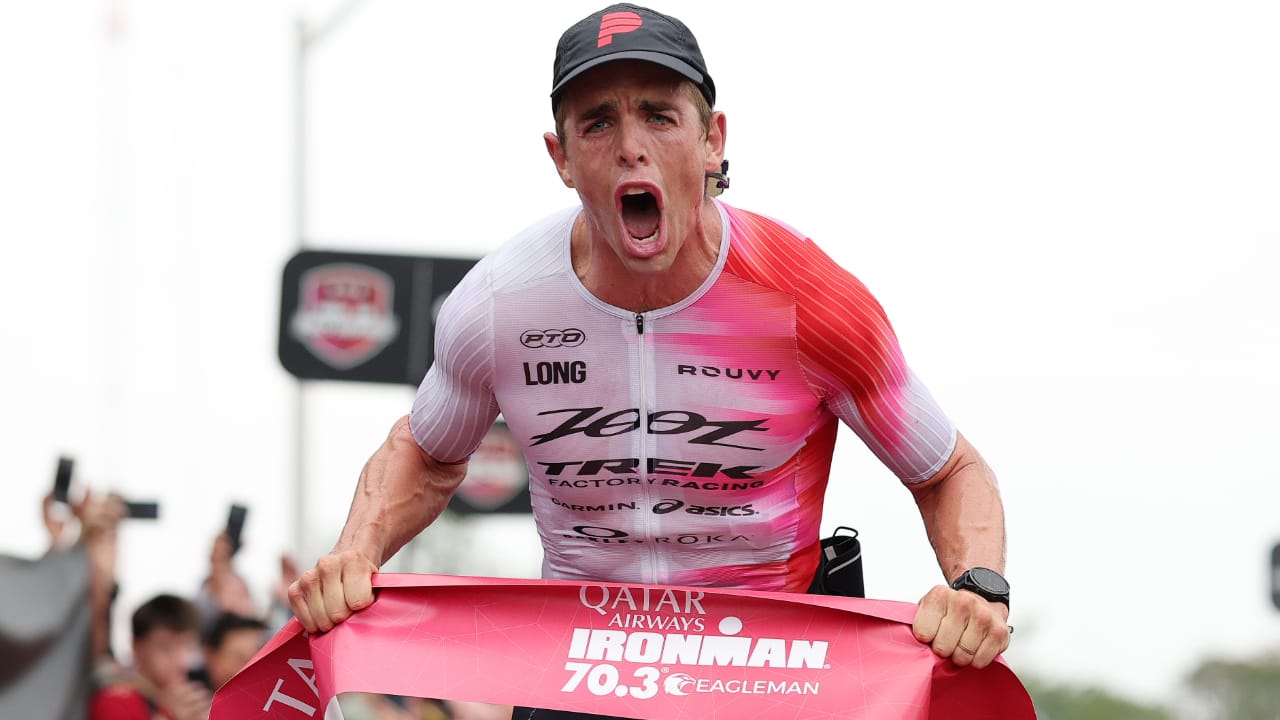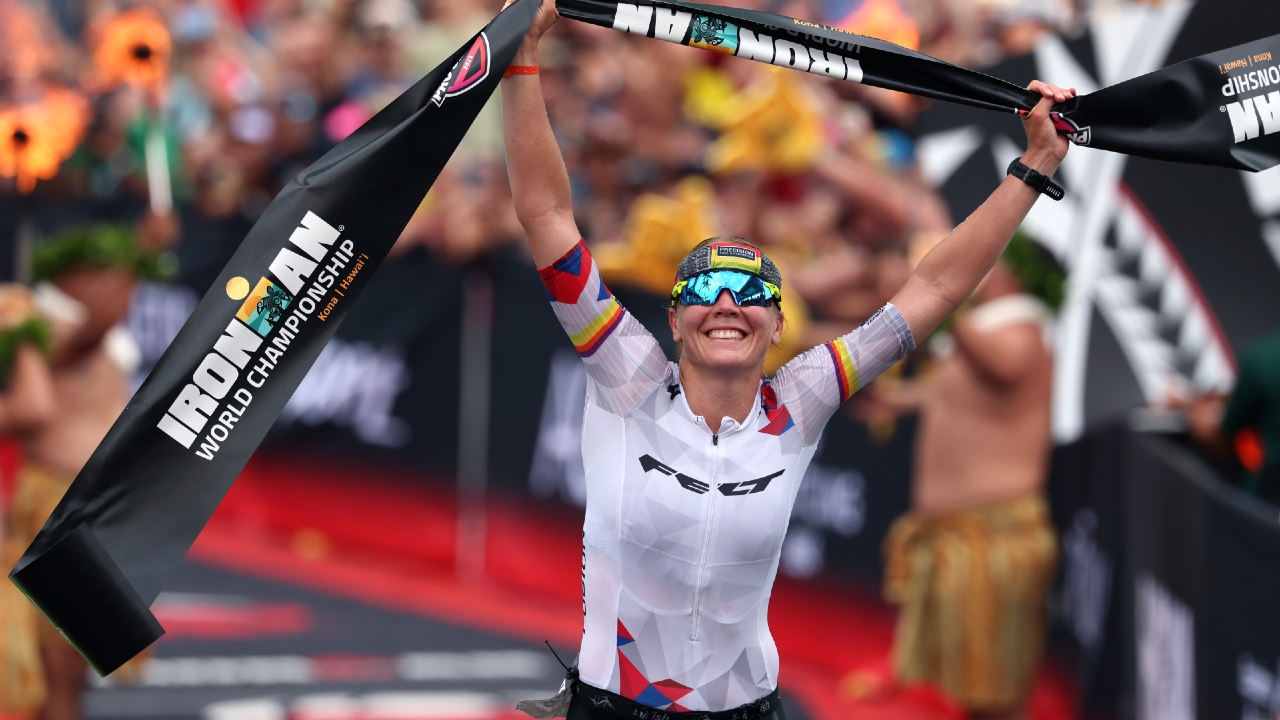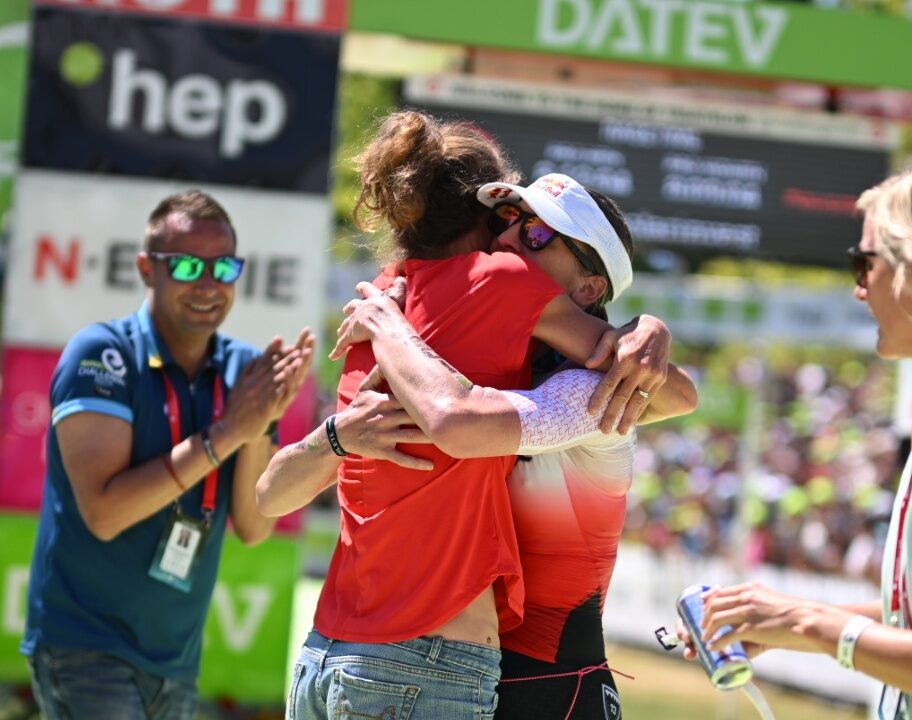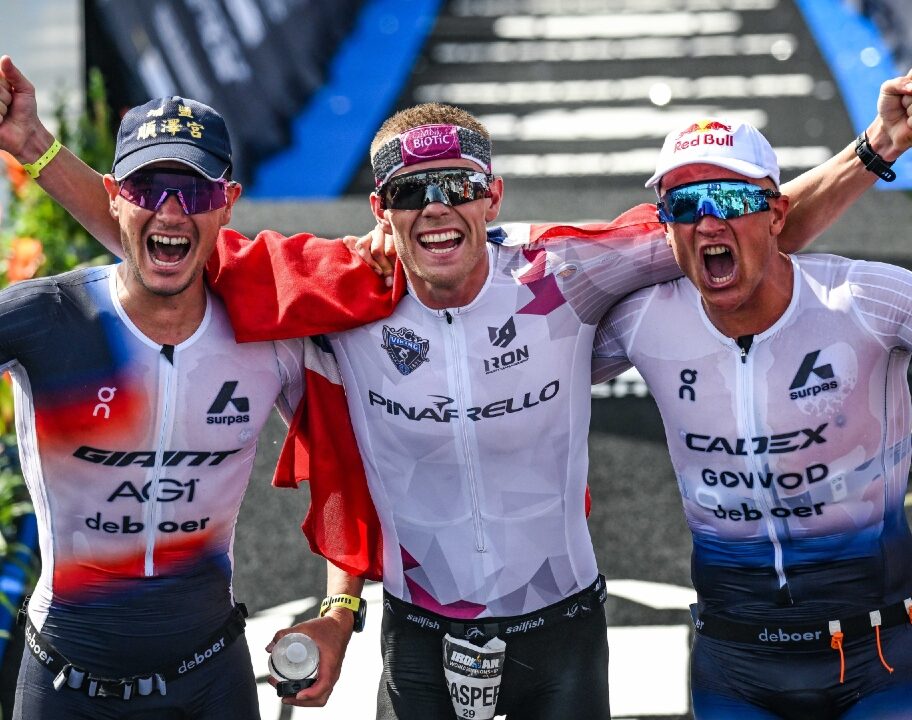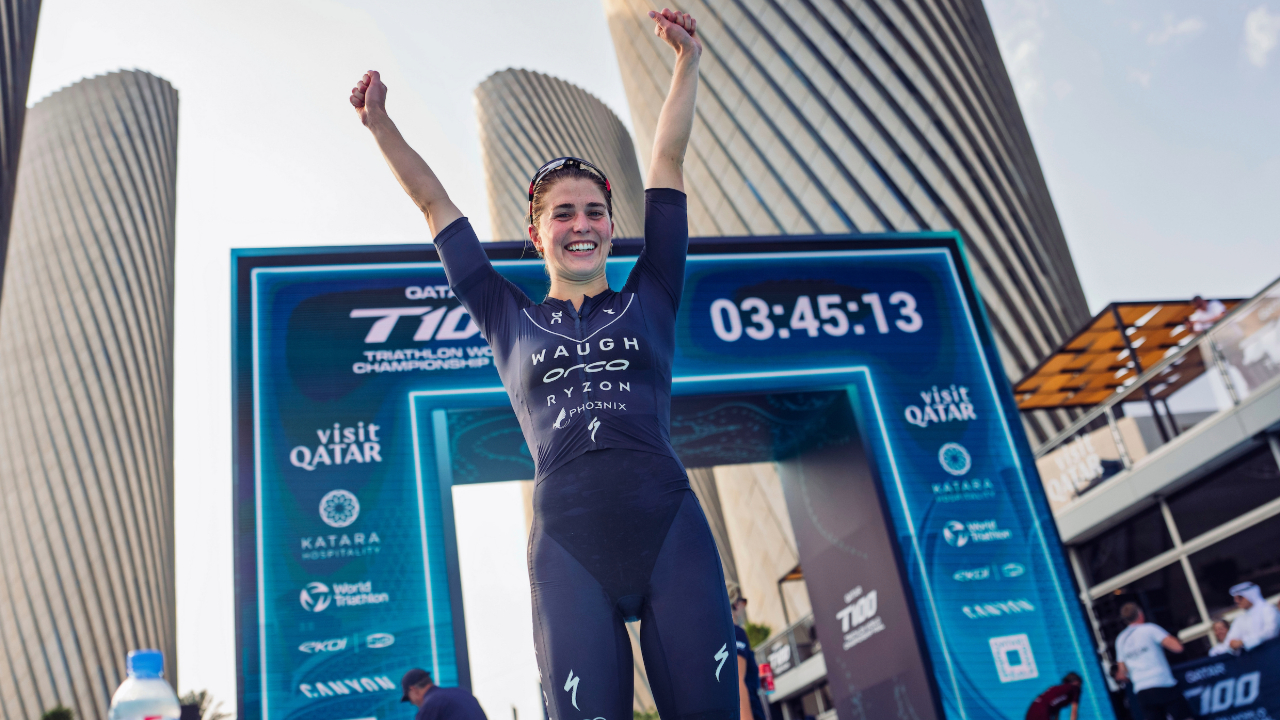When you hear the word ‘collagen’ your mind might instantly go to beauty products and adverts for all manner of lotions and potions. But away from claims that it can make your skin smoother than a pro triathlete’s bike dismount. Collagen is actually a really important form of protein in our bodies.
We spoke with expert nutritionist Dr Emily Jevons from Total Endurance Nutrition to find out why collagen is important for athletes, and whether we should consider supplementing our intake.

What is collagen and why is it important for athletes?
You’ve probably heard of collagen, but what actually is it? “Collagen is the main protein in tendons, ligaments, bones and cartilage.” Dr Emily Jevons explains. “It’s vital for providing both structure and strength.”
Collagen makes up a major component of cartilage, connective tissue, bone matter and plays a key role in healing damaged tissue by laying down fibres at the start of the regeneration process.
“Collagen is made from the amino acids proline, glycine and hydroxyproline. Supplements in the form of gelatine, or collagen hydrolysate (collagen that has been broken down into smaller peptides) are widely available and marketed to athletes.”
“Collagen supplementation is claimed to increase the availability of collagen forming amino acids and increase collagen synthesis in the tissues, therefore helping prevent or accelerate recovery from injuries.”
Is it worth taking a collagen supplement to support athletic performance and recovery?
As ever when it comes to discussing supplementation versus prioritising intake through a balanced diet. The answer to whether you should consider taking collagen isn’t a straight forward yes or no.
“Supplements containing types I and III collagen alongside vitamin C are commonly used to help accelerate recovery from injury,” Emily explains. “There is a variety of evidence showing collagen supplementation supporting recovery from ACL or similar injuries. BUT some do argue that a high protein diet high in the amino acids proline, glycine and hydroxyproline could be just as effective.”
“Animal sources such as beef and poultry, as well as eggs and dairy, contain the amino acids that can synthesise new collagen.”
Another consideration is if you’re prone to sprain and strain type injuries. “If you are an athlete that suffers from injuries such as sprains or strains, it may be beneficial to increase collagen intake through supplements.”
How much collagen should you take per day if you’re considering a collagen supplement?
Emily suggests that 15-20g of collagen daily can be an effective dose to maximise your recovery. “It’s also important to remember that collagen synthesis also needs the presence of vitamin C, so look for this in a supplement!”
Get more nutrition advice from our content series with Total Endurance Nutrition, and head to their website to find out more about 1:1 nutrition support.






